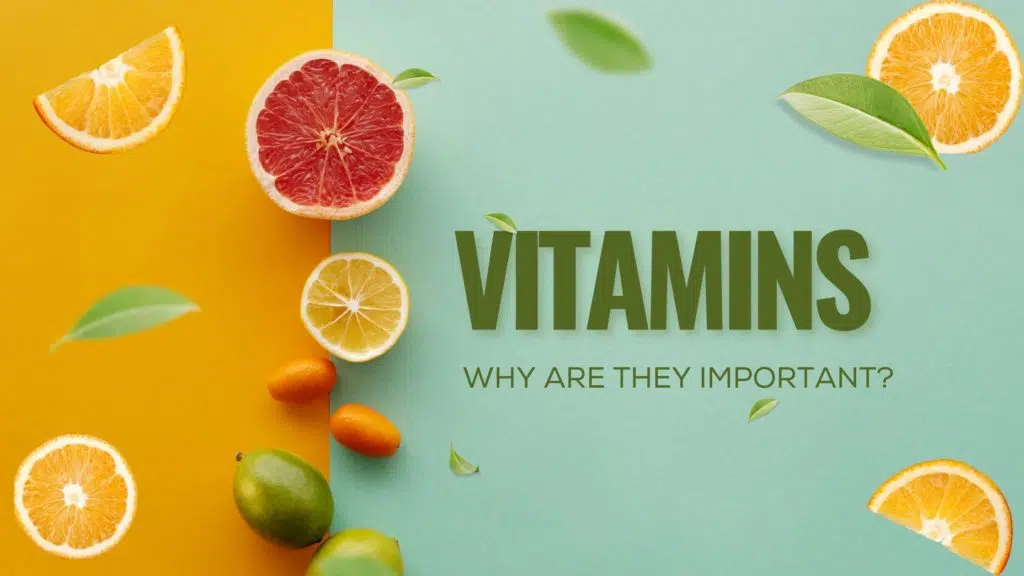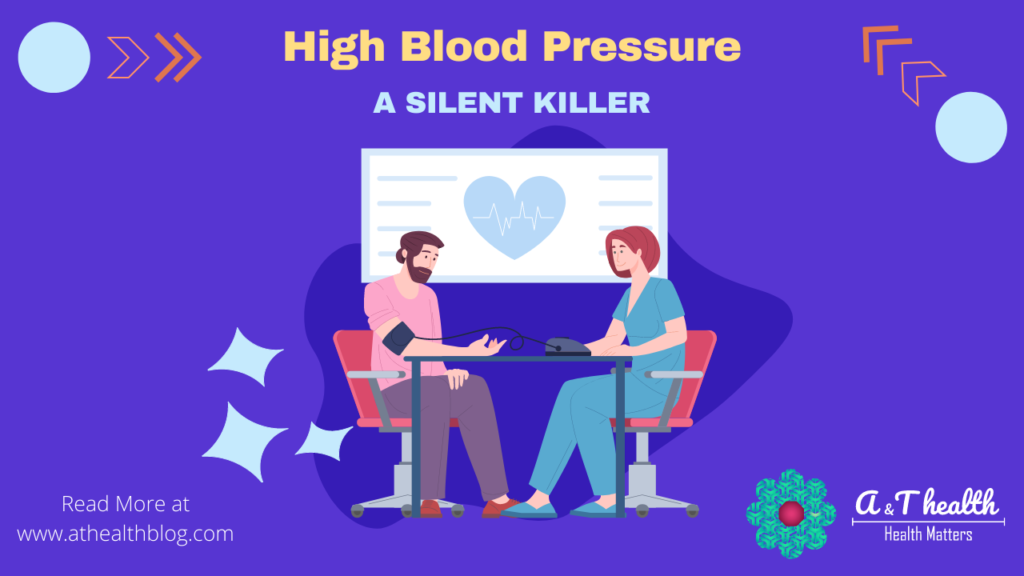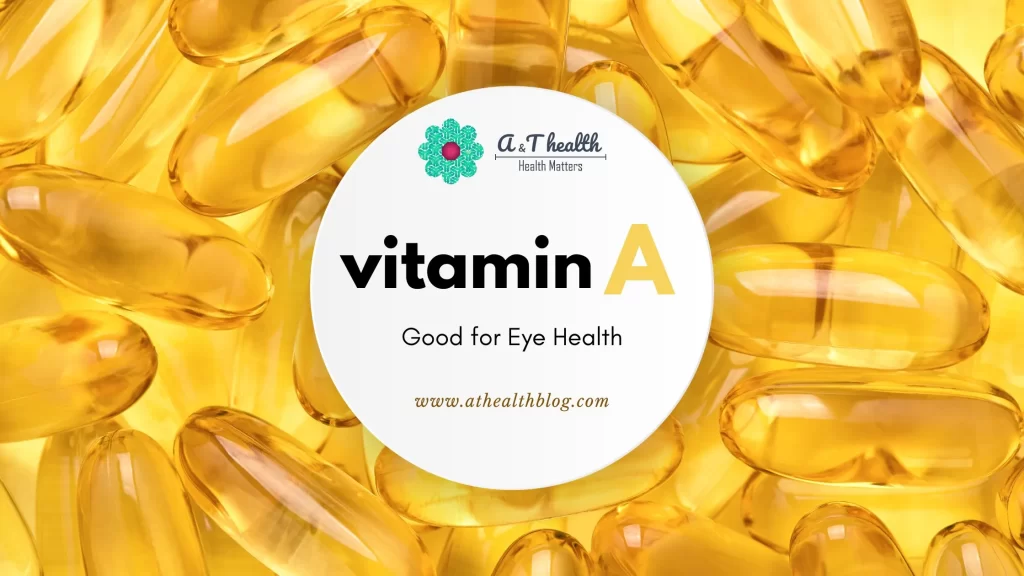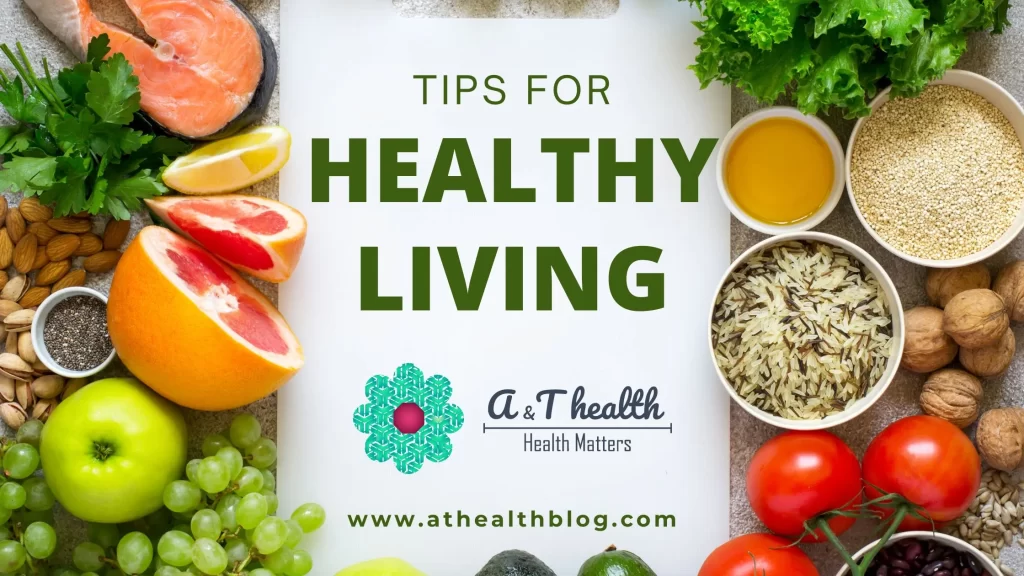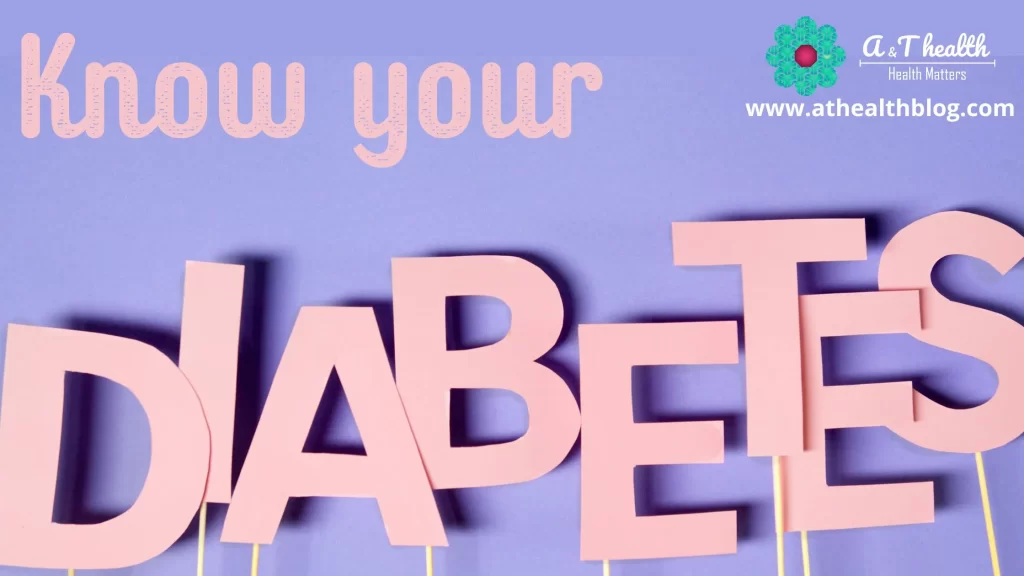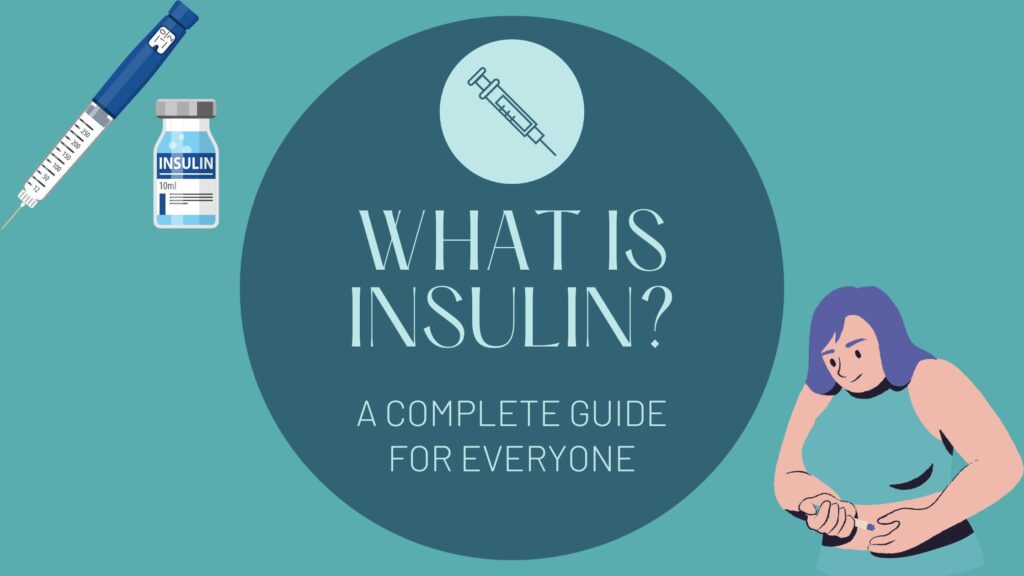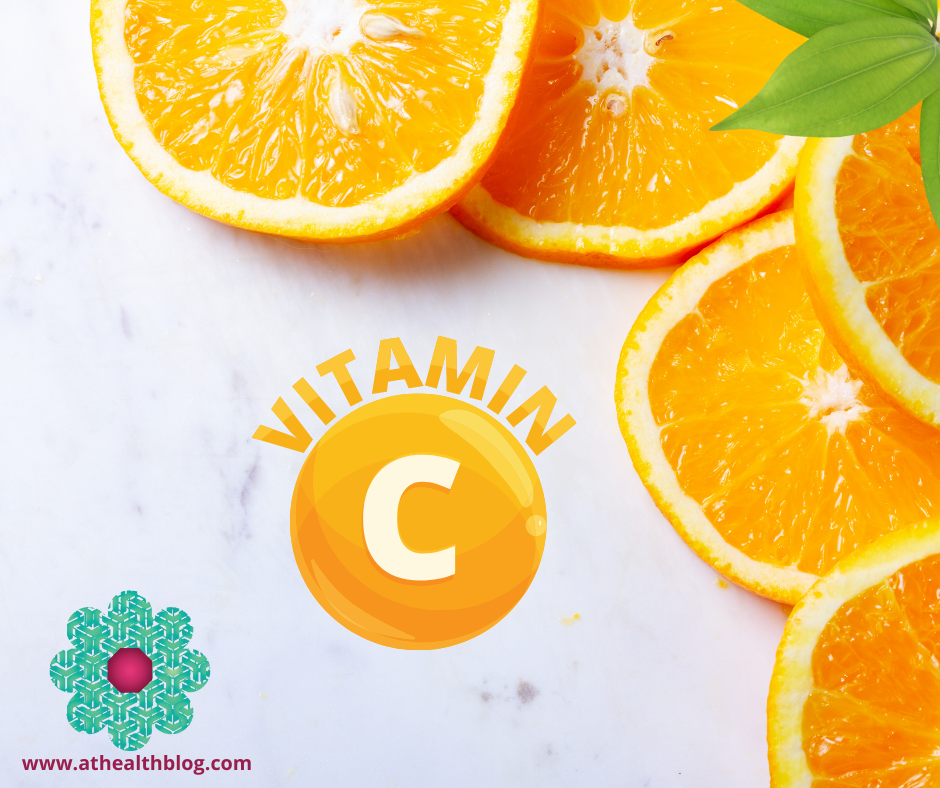Vitamins are micronutrients essential to every cell, tissue, and organ in your body. Vitamins benefits to aid in the cellular operation, maintenance, and proper growth and development of your body.
Vitamins are organic compounds that provide energy for all living things. The body needs different types of vitamins for maintaining several bodily functions.
Why Vitamins are important in today’s modern life?
The truth is that no one wants to eat a pill daily to keep themselves healthy. But unfortunately, our food sources alone are not sufficient to provide us with our minimum daily vitamins and minerals requirements.
The reason majorly is that our earth is now deprived of minerals and vitamins due to over-harvesting to meet human needs. Resulting in the deprivation of vitamins and minerals in our harvested crops of fruits, vegetables, and plants.
Our foods are picked before their ripening time and shipped for days before finally reaching our supermarket shelves. They may sit for many more days before they are purchased.
Even after the purchase, they are kept in our refrigerators before we finally consume them, resulting in their loss of vitamins and minerals.
The day of the home-cooked meal made with entirely fresh ingredients is a thing of the past for most of us. Freeing food, processing food, refining, etc., significantly impact their nutritional value, which results in the loss of vitamins and nutrients.

Types of Vitamins:
Plants and animals can produce the vitamins necessary for their daily body requirement. Still, humans cannot synthesize sufficient amounts to meet bodily needs. Therefore, these must be obtained from an external source like a diet or synthetic origin to get vitamins benefits.
There are namely two types of vitamins
- Water-Soluble Vitamins
- Fat-Soluble Vitamins
Water-soluble vitamins:
These vitamins do not store in our bodies. Upon intake, these remain in our blood and are utilized where needed. Rest quantity is removed from the body.
Absorption is affected if there is not enough fluid present in your body. The water-soluble vitamins are easily absorbed by your body when in small amounts. These vitamins are mainly found in vegetables, fruits & grains.
Water-soluble vitamins like B-vitamins and vitamin C need to be replenished daily for a healthy body. These cannot be stored in our bodies, so you have to keep on taking them every day. They are flushed out through urine as you regularly take them out from your body.
The water-soluble vitamins include
- Folic acid
- Riboflavin
- Niacin
- Vitamin B6 (pyridoxine)
- Vitamin B12
- Pantothenic acid
- Biotin
Fat-soluble vitamins:
These are the vitamins that, upon intake, are stored in the fat reserves of our body and are released periodically as per body requirements. These vitamins can be stored in the body fat for a more extended period and require less frequent replenishment.
They are released, absorbed, and transported with dietary fat. Fat-soluble vitamins are not readily excreted, and significant quantities are stored in the liver and fat tissue.
Fat-soluble vitamins are more likely to accumulate in your body, so you don’t need as many water-soluble vitamins. However, since fat-soluble vitamins tend to stay in your body longer, you still need to make sure you get enough.
Examples of fat-soluble groups of vitamins.
- Vitamin A (retinol)
- Vitamin D (cholecalciferol)
- Vitamin E (tocopherol)
- Vitamin K

Vitamins Role in the Body and why vitamins are essential to good health?
Vitamins and minerals are the building blocks of life. Our body needs them to function correctly. They help our bodies run smoothly and efficiently, which can be the difference between health and sickness, and even life or death in some cases.
These are necessary as their deficiency leads to the development of metabolic disorders, disease, or abnormal body functioning.
Vitamins list and benefits:
These are some vital vitamins roles in the body. Their deficiency leads to the development of metabolic disorders, disease, or abnormal body functioning.
They are required in a minimal amount, usually in milligrams or micrograms, compared to other biological compounds needed in grams to regulate bodily functions.
|
Vitamin |
Chemical Name |
Solubility |
Vitamins Benefits |
|
Vitamin A |
Retinol |
Fat Soluble |
It is needed for healthy eyes and macular development. |
|
Vitamin D |
Cholecalciferol |
Fat Soluble |
It helps in the growth and development of our bones. |
|
Vitamin E |
Alpha-tocopherol |
Fat Soluble |
Vitamin E is needed for a healthy reproductive system, skin health, etc. |
|
Vitamin K |
Phytonadione |
Fat Soluble |
It is essential for wound healing and blood clotting. |
|
Ascorbic Acid |
Water Soluble |
Vital for the immune system development | |
|
Vitamin B1 |
Thiamine |
Water Soluble |
It is a potent antioxidant |
|
Vitamin B2 |
Riboflavin |
Water Soluble |
Tissue repair and fatty acid metabolism |
|
Vitamin B3 |
Niacin |
Water Soluble |
Essential for hormone synthesis |
|
Vitamin B5 |
Pantothenic Acid |
Water Soluble |
Redblood cells production |
|
Vitamin B6 |
Pyridoxine |
Water Soluble |
Conversion of Amino acids into fats |
|
Vitamin B7 |
Biotin |
Water Soluble |
For healthy hair, skin, and nails |
|
Vitamin B9 |
Folic Acid |
Water Soluble |
Helps in blood formation (anemia) |
|
Vitamin B12 |
Cobalamine |
Water Soluble |
It is a neurotropic agent |
Ending Note:
Vitamins are essential nutrients that help keep our bodies healthy, and vitamins benefits are numerous. They play a vital role in maintaining good health.
The best way to ensure you’re getting what you need is by eating a balanced diet, including whole, fresh foods, as often as possible—the more natural something is, the more likely it will be nutrient-rich.
